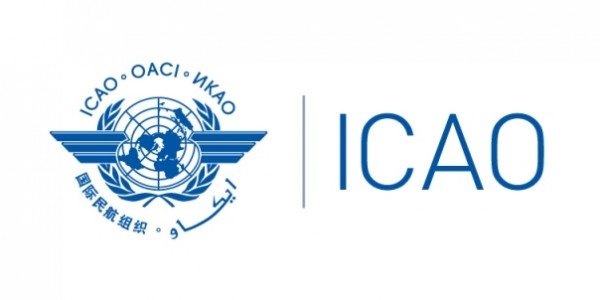ICAO CORSIA good for business jet operators

Last Saturday more than 100 people died at London Heathrow Airport.
OK, they did not actually die. But they did lie on the floor for a bit and pretend to be dead before going home.
They prostrated themselves to protest about a new International Civil Aviation Organization (ICAO) scheme that was agreed yesterday. More than 60 countries agreed to implement the new Carbon Offsetting Reduction Scheme for International Aviation (or CORSIA) in 2021 with the scheme becoming mandatory in 2027.
Under CORSIA – which sounds like a small hatchback – airlines basically need to offset any growth in emissions after 2000 (although there are some exemptions). It is a similar scheme to the failed EU Emissions Trading Scheme but most importantly is a global solution. In fact, aviation has now become the first industry to agree on a global approach.
There is a long tradition of ICAO negotiations being focused on airlines with business aviation added as an afterthought. But this time business aviation leaders are pretty happy.
“The worldwide business aviation community welcomes the decision by governments at ICAO to establish a single, global carbon-offsetting scheme for international aviation,” said Kurt Edwards, director general of the International Business Aviation Council (IBAC). “The framework agreed at ICAO will help us meet our collective industry commitments while also taking into account the needs of small operators. Importantly, the global framework means we will avoid a patchwork of multiple measures around the world.”
IBAC represented the business aviation associations – like NBAA, EBAA and ASBAA – with manufacturers and others working with the ICAO Committee for Aviation Environmental Protection. Bombardier led much of this.
Domestic flights and aircraft under 5,700 kg MTOW are not affected by the scheme. In fact, only operators producing less than 10,000 tonnes of emissions on international flights (a significant amount) will be covered.
There are still a lot of issues that need to be agreed but this agreement does show that the aviation industry is working hard to limit emissions. Aviation emissions account for 2% of all carbon emissions (with business aviation less than 0.04%) but are still significant.
“This agreement recognizes that business aviation is and always has been at the forefront of efforts to reduce the industry’s environmental footprint,” said Ed Bolen, CEO of NBAA.
Whilst no operator wants even more paperwork, the reasons behind CORSIA are important. And no one wants protestors reclining around their FBO.
Subscribe to our free newsletter
For more opinions from Corporate Jet Investor, subscribe to our One Minute Week newsletter.








